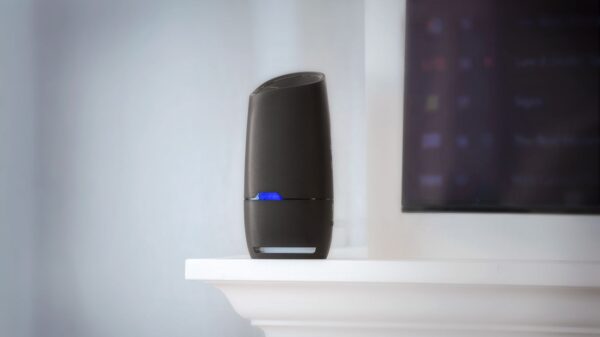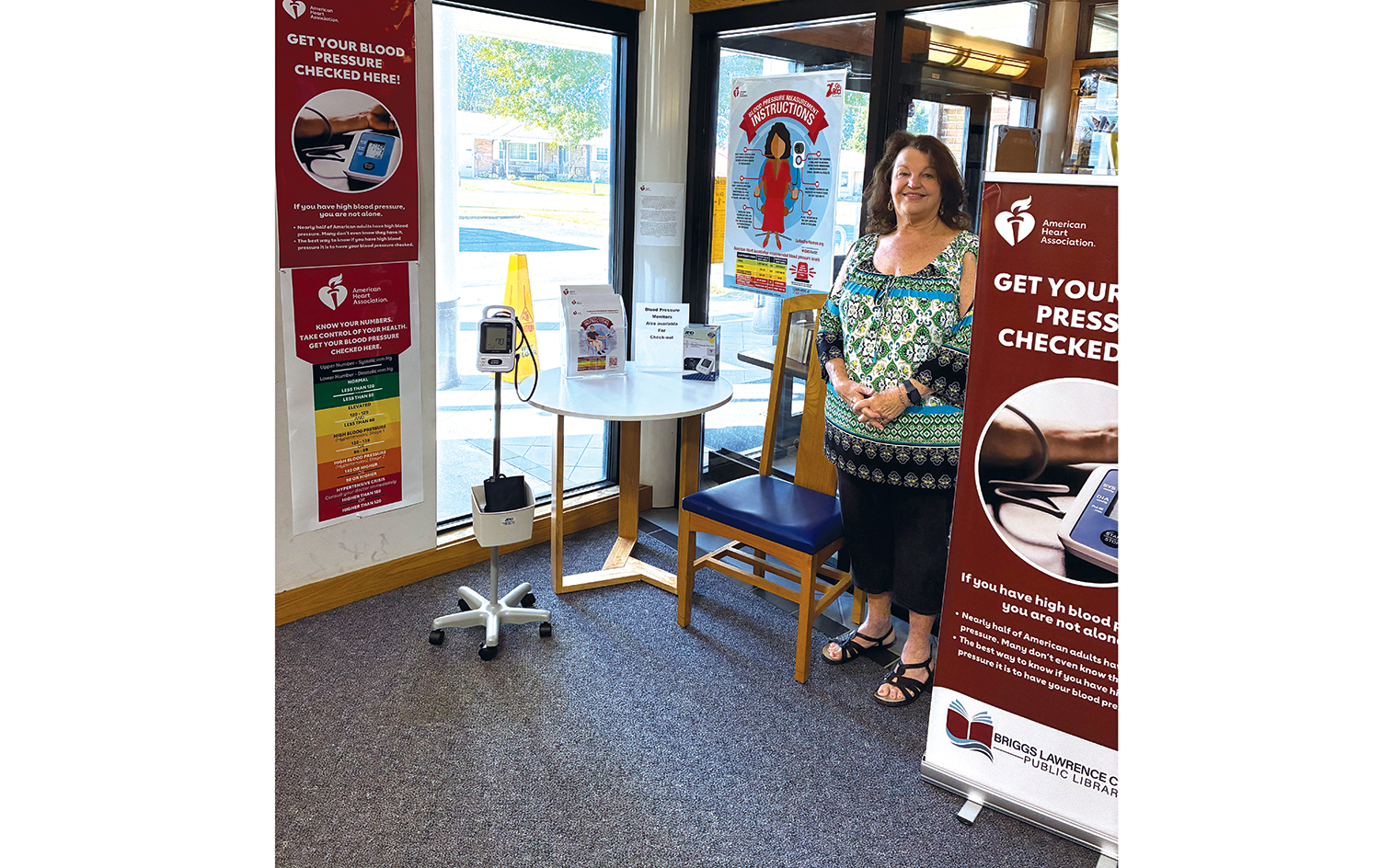Visitors to the Briggs Lawrence County Public Library, South Point Branch, now have access to a valuable health initiative through the American Heart Association‘s new program, Libraries with Heart. This program offers free blood pressure checks and the opportunity to borrow home monitoring kits, allowing patrons to monitor their health conveniently.
Alda Wagner, the branch manager, expressed enthusiasm about the new service, stating, “We are excited to offer this new free service for our patrons. Our hope is to empower community members, giving them the tools to better understand their health and enact positive changes in their lives.”
Free Monitoring Kits Available for Checkout
The home monitoring kits include a blood pressure monitor, comprehensive materials from the American Heart Association on how to use the device, explanations of blood pressure readings, and a contact list for follow-up healthcare providers. Additionally, a blood pressure station is set up for patrons to use during their library visits. Kits can be checked out using a library card, making it easier for community members to monitor their health from home.
Hypertension, often referred to as high blood pressure, affects nearly half of American adults. If left unmanaged, it can lead to serious health issues such as heart disease, stroke, and kidney failure. Unfortunately, many individuals remain unaware of their condition, highlighting the necessity for accessible monitoring resources.
Empowering Communities Through Health Education
The Libraries with Heart initiative is designed to improve community health by offering these critical resources free of charge. According to Nancy Tobbe, executive director of the American Heart Association for Central Ohio, “Providing equal opportunities for everyone to live long, healthy lives is at the heart of our mission. By breaking down barriers to health care through programs like Libraries with Heart, we aim to empower individuals to take charge of their well-being and, ultimately, save lives.”
The significance of monitoring blood pressure cannot be overstated, as it is often called the “silent killer.” Approximately 36% of individuals with high blood pressure are unaware of their condition. Normal blood pressure readings are considered to be less than 120/80 mm Hg. Individuals with elevated readings are at risk of developing hypertension if they do not implement lifestyle changes.
To maintain healthy blood pressure levels, experts recommend adhering to a balanced diet and engaging in regular physical activity. For further information on blood pressure management, visit www.heart.org/bloodpressure.



































































